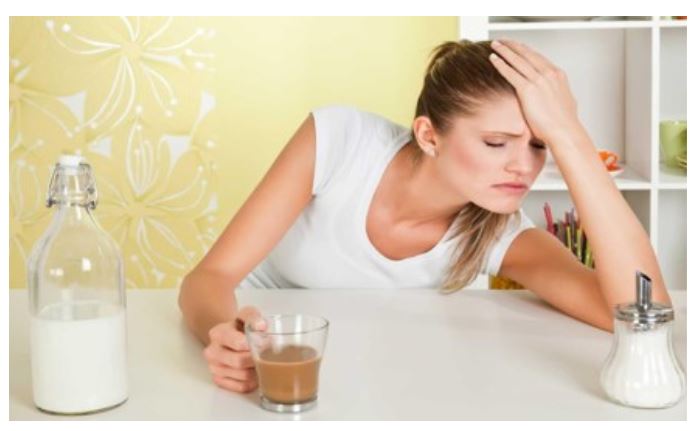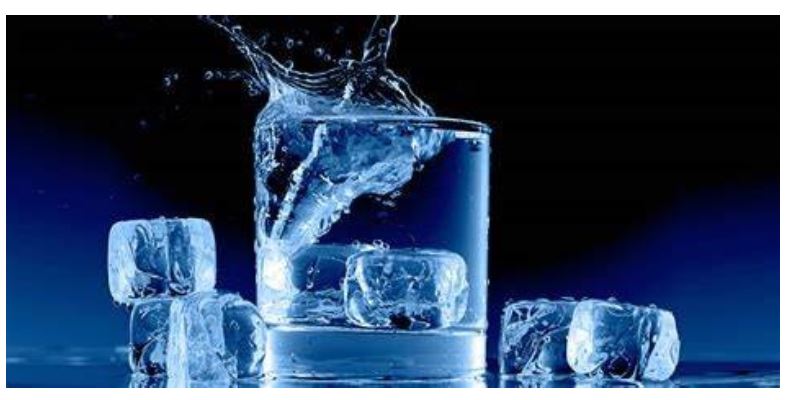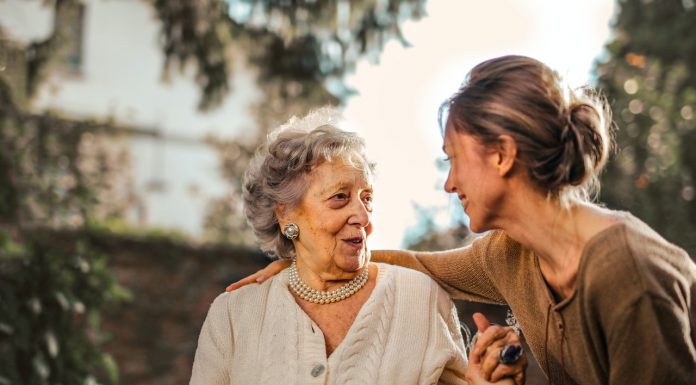Basically, the human body is about 75 percent water. Water is found between cells, inside cells, within blood vessels. Without water, man cannot survive. This is why our bodies have a very sophisticated water management system that keeps our water levels balanced. Our bodies also have a thirst mechanism that also tells us when we need to take in more fluid. Dehydration can be simply defined as what happens when more fluids leave the body than enter it. In simpler terms, dehydration is what happens when a human being has low water content!
While water is constantly lost as we breathe, sweat and use the toilet (both no. 1 and 2), we restore the water lost by drinking fluids. In fact, when dehydration occurs, the body moves water to areas where it is needed the most.
In most cases, you can easily reverse dehydration by simply taking more water. However, more serious cases of dehydration may require medical attention. The immediate symptoms of dehydration are thirst, darker urine and reduced production of urine.
Fun fact: You can know the hydration level of your body by checking the color of your urine. The clearer your urine, the more hydrated you are and vice versa. It is not uncommon for old people to suffer from dehydration without feeling thirsty. This is why it is important to consume a lot of water during the hot weather. Other symptoms of being dehydrated include lethargy, dry mouth, headache, dizziness. In very serious cases, symptoms like fever, dry skin, delirium, and unconsciousness can be felt. It also affects hair and beard growth
Causes of Dehydration
Generally, the most common causes are:
- Losing a lot of water
- Inadequate intake of water
Other causes of dehydration include:
Diarrhea: This is another common cause. For the most part, diarrhea is the major factor behind dehydration related deaths. When you have diarrhea, your large intestine cannot absorb water from food matter. As a result, you excrete a lot of water. Thus, leading to dehydration.
Vomiting: Here, water is lost and it is difficult to replace these lost fluids by drinking water.
Sweating: Sweating is the way the body cools itself by releasing water from sweat pores on the skin. Vigorous physical activity and hot weather can increase fluid loss through sweating. This is why athletes are at a higher risk of suffering from dehydration than any other person. More so, anyone suffering from a fever that causes an increase in sweating can easily suffer from dehydration. Particularly, if the patient also portrays symptoms of diarrhea and vomiting.
Other causes include diabetes, frequent urination, and burns.
How To Prevent Dehydration
Prevention is better than cure. The saying cannot be truer for dehydration. Generally consuming a lot of fluids and foods with high water content can go a long way in prevention of becoming dehydrated.
Here are some tips that can help you prevent dehydration:
- Plan ahead and take sports drinks that contain electrolytes when going for outdoor activities. In fact, always make it a priority to carry along your water bottle every time you go for a hike.
- Try as much as possible to avoid exercise or outdoor activities during a high heat index. Check the weather forecast before you plan your outdoor events. If your events must be done outdoors, schedule them for cooler times of the day live early in the morning or in the evening, just after sunset.
- Reduce your alcohol consumption during hot days as alcohol increases water loss and disrupts a person’s ability to sense the early symptoms of dehydration.
Final Thoughts
If you really care about your health, do everything necessary to stay hydrated. It would do you a lot of good and also take away the need to worry about the concept of dehydration.

























